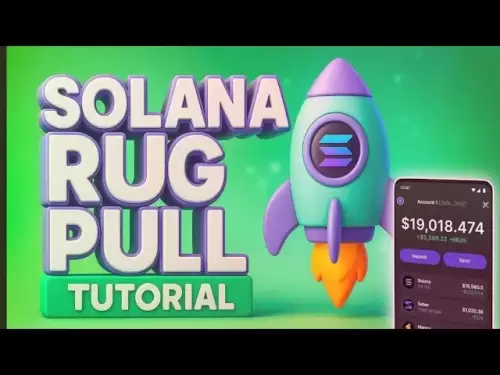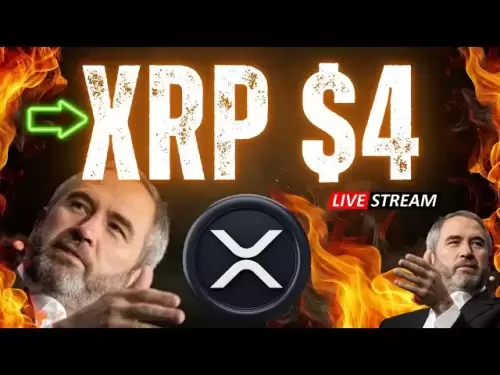-
 Bitcoin
Bitcoin $118100
-0.44% -
 Ethereum
Ethereum $3585
5.43% -
 XRP
XRP $3.434
5.65% -
 Tether USDt
Tether USDt $1.000
0.02% -
 BNB
BNB $743.8
3.89% -
 Solana
Solana $178.7
3.84% -
 USDC
USDC $1.000
0.03% -
 Dogecoin
Dogecoin $0.2381
12.81% -
 TRON
TRON $0.3270
3.62% -
 Cardano
Cardano $0.8315
4.93% -
 Hyperliquid
Hyperliquid $44.51
-4.42% -
 Stellar
Stellar $0.4710
1.52% -
 Sui
Sui $3.896
-2.51% -
 Chainlink
Chainlink $18.09
6.98% -
 Hedera
Hedera $0.2681
9.31% -
 Bitcoin Cash
Bitcoin Cash $516.7
4.83% -
 Avalanche
Avalanche $23.95
6.96% -
 Shiba Inu
Shiba Inu $0.00001490
5.67% -
 UNUS SED LEO
UNUS SED LEO $8.966
0.80% -
 Toncoin
Toncoin $3.294
4.39% -
 Litecoin
Litecoin $105.4
4.69% -
 Polkadot
Polkadot $4.356
5.30% -
 Uniswap
Uniswap $10.29
17.25% -
 Monero
Monero $327.9
-3.04% -
 Bitget Token
Bitget Token $4.942
4.33% -
 Ethena USDe
Ethena USDe $1.001
0.08% -
 Pepe
Pepe $0.00001348
2.17% -
 Dai
Dai $1.000
0.02% -
 Aave
Aave $320.8
0.58% -
 Bittensor
Bittensor $411.8
-4.07%
What is the difference between USDC on Coinbase and a bank account?
Holding USDC on Coinbase offers control and blockchain flexibility, but lacks FDIC insurance and direct spending options compared to traditional bank accounts.
Jul 09, 2025 at 06:14 am
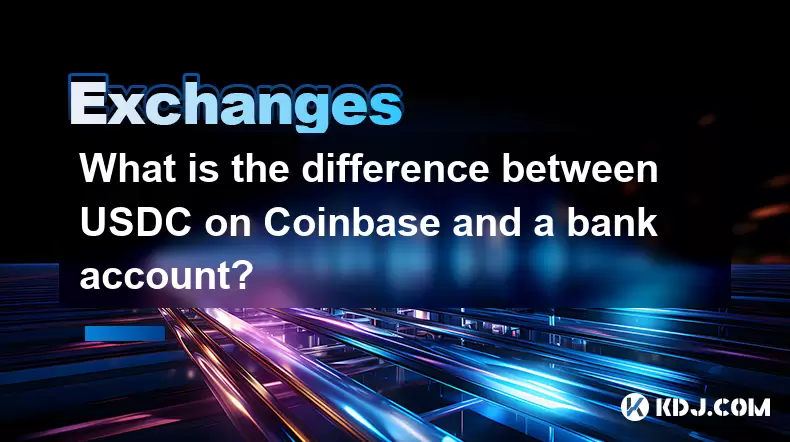
Understanding USDC on Coinbase
USDC (USD Coin) is a stablecoin pegged 1:1 to the U.S. dollar and operates on various blockchain networks, including Ethereum and Solana. On Coinbase, users can buy, sell, store, or transfer USDC just like any other cryptocurrency. Unlike traditional bank accounts, USDC exists as a digital asset on a decentralized ledger, which means it’s not governed by a central authority such as a bank.
One of the primary features of holding USDC on Coinbase is that it gives users control over their funds while leveraging the security and user interface provided by Coinbase. However, this also comes with certain limitations compared to traditional banking systems. For instance, USDC cannot be used directly for everyday purchases unless merchants accept crypto payments or you convert it into fiat currency.
Another key aspect is interest generation. Some platforms offer yield on USDC holdings, but Coinbase does not currently pay interest on USDC balances unless you opt into specific programs like staking or lending products, which may come with additional risks.
Traditional Bank Accounts Explained
A traditional bank account refers to checking, savings, or money market accounts offered by banks and insured by the Federal Deposit Insurance Corporation (FDIC) up to $250,000 per depositor, per institution. These accounts allow for direct spending via debit cards, bill payments, checks, and online transfers.
When you deposit money in a bank, you’re essentially lending the bank your money, and in return, they promise to repay it on demand. Banks are heavily regulated financial institutions that must comply with strict capital reserve requirements and anti-money laundering laws. This regulatory oversight provides an added layer of protection and stability for users.
Unlike cryptocurrencies, bank deposits are not tied to blockchain technology and do not require private keys or wallet addresses for access. Transactions are processed through centralized banking systems, which typically offer faster dispute resolution and fraud protection mechanisms.
Accessibility and Control of Funds
In terms of accessibility, Coinbase allows users to move USDC instantly between wallets and even across different blockchains depending on the network support. However, this requires a basic understanding of crypto wallets, gas fees, and transaction confirmations. Users must also manage recovery phrases and ensure secure storage of their credentials.
Conversely, bank accounts provide seamless integration with existing financial infrastructure. You can set up automatic bill payments, direct deposits, and overdraft protections without worrying about network congestion or lost keys. The downside is that banks can freeze accounts, deny transactions, or impose withdrawal limits based on internal policies or regulatory requirements.
With USDC on Coinbase, users have full custody of their funds, assuming they maintain proper security measures. In contrast, banks act as custodians, meaning you don’t technically own the money in your account; you're owed a debt by the bank.
Security and Risks Involved
Security is a critical factor when comparing USDC on Coinbase and traditional bank accounts. Coinbase employs robust security protocols, including cold storage, two-factor authentication, and insurance coverage for digital assets held on its platform. However, these protections apply only to funds stored within the exchange and do not cover losses from phishing attacks or compromised personal devices.
On the other hand, bank accounts benefit from FDIC insurance, which protects against institutional failure. Even if your bank goes bankrupt, your deposits are guaranteed up to the coverage limit. Additionally, banks are subject to real-time fraud monitoring, chargeback options, and identity verification processes that are well-established in consumer finance.
While USDC is generally stable in value, there is always counterparty risk associated with the issuer — in this case, Circle, the company behind USDC. If Circle were to face liquidity issues or regulatory challenges, it could theoretically affect the redemption value of USDC.
Regulatory Oversight and Compliance
The regulatory environment surrounding USDC and Coinbase differs significantly from that of traditional banking. Coinbase is licensed under various state and federal regulations, including money transmission licenses, and complies with KYC (Know Your Customer) and AML (Anti-Money Laundering) standards.
However, cryptocurrency regulation remains fragmented and evolving, with no uniform global framework. This lack of standardization introduces uncertainty around how digital assets like USDC will be treated in legal disputes or tax reporting scenarios.
Banks, on the other hand, operate under strict federal and state regulations enforced by entities like the Office of the Comptroller of the Currency (OCC) and the Federal Reserve. These rules govern everything from lending practices to customer service standards and ensure a high degree of transparency and accountability.
Both systems require compliance with tax reporting obligations, but the mechanisms differ. For example, banks automatically report interest income to the IRS, while crypto holders must manually track and report capital gains or income from crypto transactions.
Frequently Asked Questions
- Can I use USDC on Coinbase to earn interest?
Yes, but only through specific products like the Coinbase Lend program or by transferring your USDC to third-party platforms that offer yield. Traditional savings accounts at banks also offer interest, though often at lower rates. - Is USDC safer than keeping money in a bank?
It depends on the type of risk you're evaluating. USDC lacks FDIC insurance, but it gives you more control over your funds. Bank deposits are insured but rely on the solvency and reliability of the institution. - How do I move USDC from Coinbase to my bank account?
You need to first sell your USDC for USD on Coinbase, then initiate a bank transfer (ACH or wire) to your linked bank account. This process usually takes 1–5 business days depending on the method used. - Can I spend USDC like cash?
Not directly. You must either convert USDC to fiat currency before making a purchase or use a crypto debit card that supports USDC. Most merchants still prefer traditional payment methods like credit or debit cards.
Disclaimer:info@kdj.com
The information provided is not trading advice. kdj.com does not assume any responsibility for any investments made based on the information provided in this article. Cryptocurrencies are highly volatile and it is highly recommended that you invest with caution after thorough research!
If you believe that the content used on this website infringes your copyright, please contact us immediately (info@kdj.com) and we will delete it promptly.
- Meme Coin Mania: BONK, FLOKI, and the Quest for Crypto Gold
- 2025-07-19 10:50:12
- Troller Cat Presale Surge: The Meme Coin That's Actually Good?
- 2025-07-19 10:50:12
- XRP Mining for Passive Income: Is It the Next Big Thing?
- 2025-07-19 10:30:12
- Neo Blockchain & ChainGPT: AI Revolutionizing Decentralized Applications
- 2025-07-19 10:35:13
- Altcoins, Ethereum, and SharpLink: A New Era in Crypto Investment?
- 2025-07-19 09:15:12
- Coin Shop Homicide: Guilty Verdict After Decade-Long Wait
- 2025-07-19 08:50:13
Related knowledge
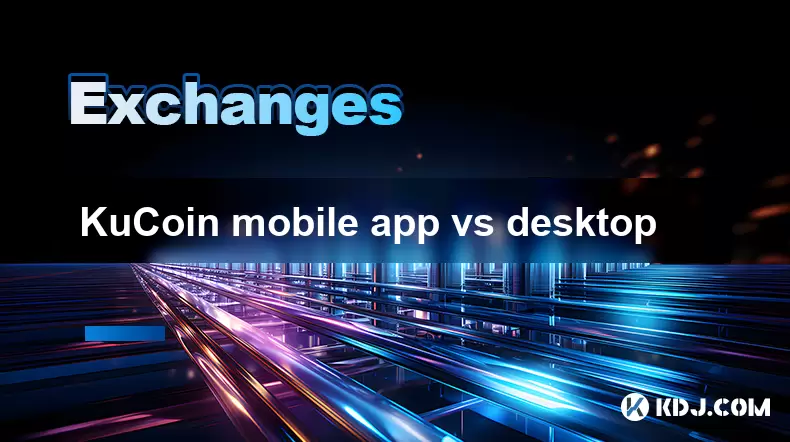
KuCoin mobile app vs desktop
Jul 19,2025 at 08:35am
Overview of KuCoin Mobile App and Desktop PlatformThe KuCoin ecosystem offers both a mobile app and a desktop platform, each designed to cater to diff...
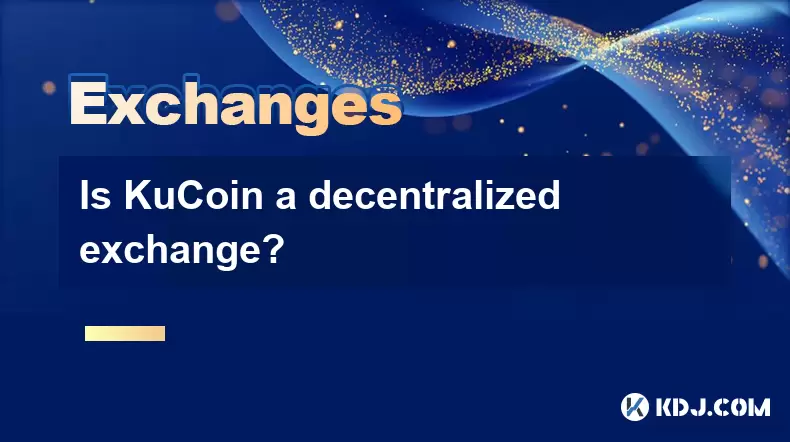
Is KuCoin a decentralized exchange?
Jul 18,2025 at 03:15pm
Understanding Decentralized Exchanges (DEXs)To determine whether KuCoin is a decentralized exchange, it's essential to first understand what defines a...
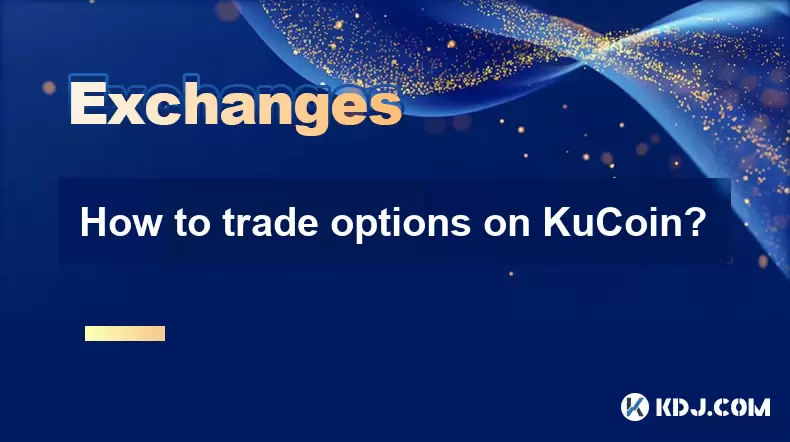
How to trade options on KuCoin?
Jul 19,2025 at 03:42am
Understanding Options Trading on KuCoinOptions trading on KuCoin allows users to speculate on the future price movements of cryptocurrencies without o...
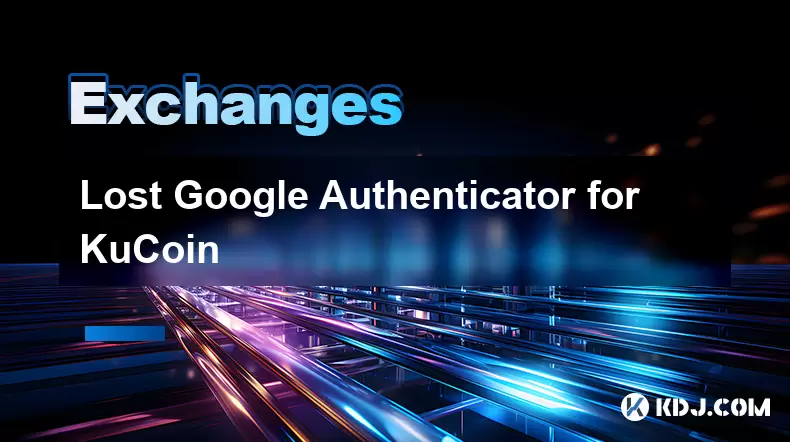
Lost Google Authenticator for KuCoin
Jul 19,2025 at 02:35am
Understanding the Importance of Google Authenticator in KuCoin SecurityGoogle Authenticator is a critical tool used by KuCoin users to enable two-fact...
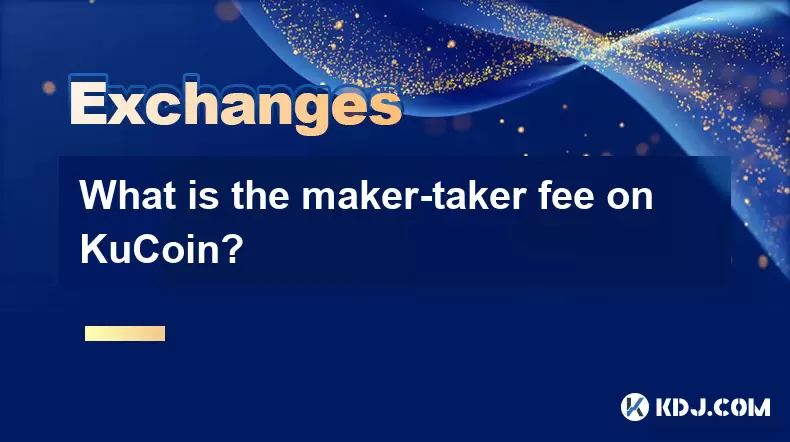
What is the maker-taker fee on KuCoin?
Jul 18,2025 at 12:42pm
Understanding the Maker-Taker Fee ModelThe maker-taker fee model is a pricing structure used by many cryptocurrency exchanges, including KuCoin, to de...
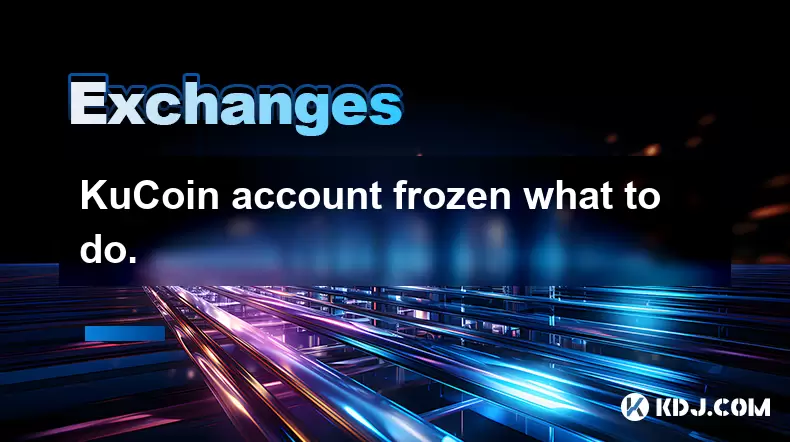
KuCoin account frozen what to do.
Jul 19,2025 at 04:35am
Understanding Why Your KuCoin Account Was FrozenIf you've discovered that your KuCoin account is frozen, the first step is to understand why this has ...

KuCoin mobile app vs desktop
Jul 19,2025 at 08:35am
Overview of KuCoin Mobile App and Desktop PlatformThe KuCoin ecosystem offers both a mobile app and a desktop platform, each designed to cater to diff...

Is KuCoin a decentralized exchange?
Jul 18,2025 at 03:15pm
Understanding Decentralized Exchanges (DEXs)To determine whether KuCoin is a decentralized exchange, it's essential to first understand what defines a...

How to trade options on KuCoin?
Jul 19,2025 at 03:42am
Understanding Options Trading on KuCoinOptions trading on KuCoin allows users to speculate on the future price movements of cryptocurrencies without o...

Lost Google Authenticator for KuCoin
Jul 19,2025 at 02:35am
Understanding the Importance of Google Authenticator in KuCoin SecurityGoogle Authenticator is a critical tool used by KuCoin users to enable two-fact...

What is the maker-taker fee on KuCoin?
Jul 18,2025 at 12:42pm
Understanding the Maker-Taker Fee ModelThe maker-taker fee model is a pricing structure used by many cryptocurrency exchanges, including KuCoin, to de...

KuCoin account frozen what to do.
Jul 19,2025 at 04:35am
Understanding Why Your KuCoin Account Was FrozenIf you've discovered that your KuCoin account is frozen, the first step is to understand why this has ...
See all articles
























